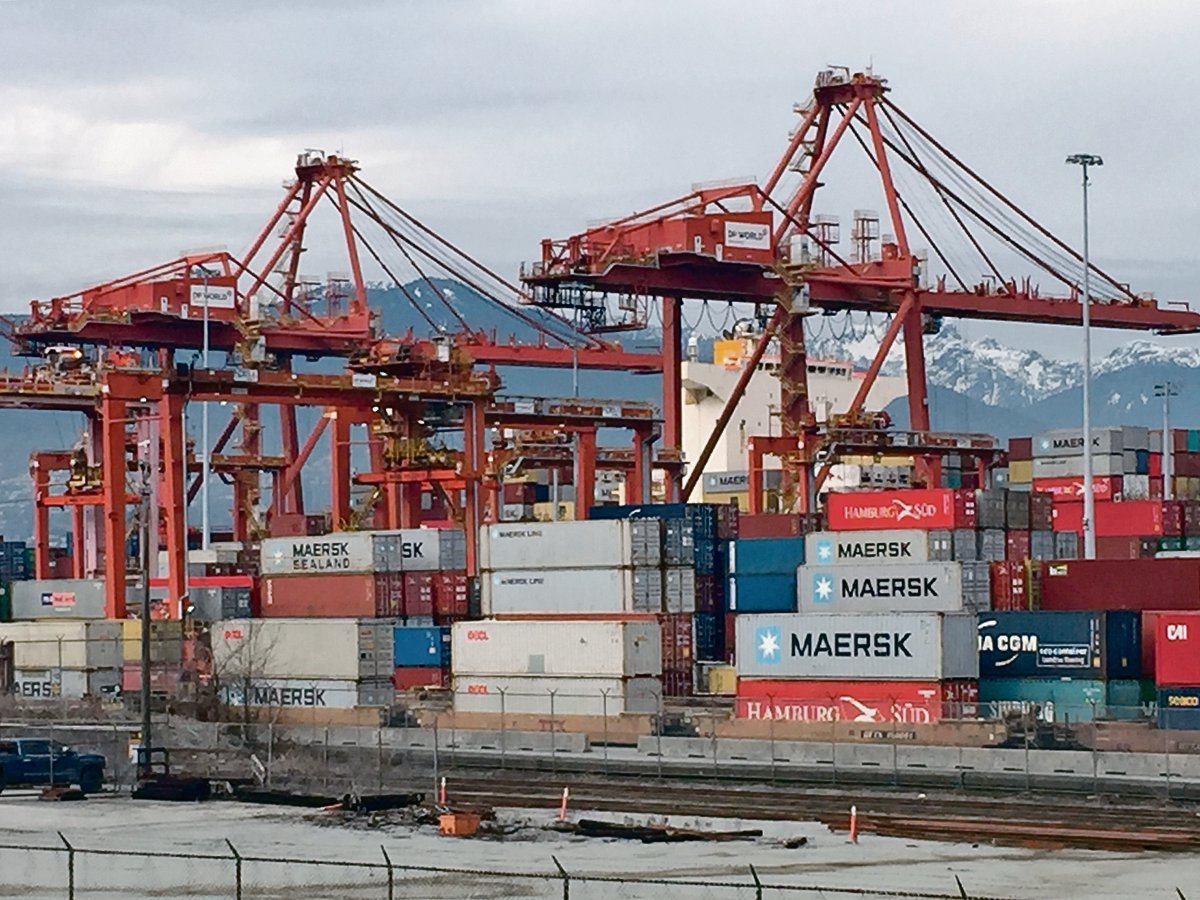The inevitable decline in rural representation on Parliament Hill does not have to mean a quieter rural voice in national affairs, says one of Canada’s leading political scientists.
However, Paul Thomas of the University of Manitoba said the strength of that voice can be preserved only through institutional or bureaucratic changes and a strengthening of rural leadership.
“The courts have forced us to be more vigilant in applying the representation by population principle in our legislative bodies, so as cities grow, the rural share of the House of Commons seats will decline,” he said.
Read Also

Message to provincial agriculture ministers: focus on international trade
International trade stakeholders said securing markets in the face of increasing protectionism should be the key priority for Canada’s agriculture ministers.
However, there are ways to offset that if the government and the rural community want it to happen.
A ministry of rural development could be created, giving voice within government and cabinet to rural issues, Thomas said.
“And I believe the role of regional ministers could be strengthened so ministers from rural or agricultural regions could have a stronger voice in not only telling their region or province what Ottawa is doing but telling Ottawa what their area is thinking,” he said.
“My sense is the role or the clout of regional ministers has declined in recent years.”
Canadian history is replete with strong regional ministers who have given their areas added influence in Ottawa, including James Gardiner from Saskatchewan, Allan MacEachen from Nova Scotia and Lloyd Axworthy from Manitoba.
“I think restoring that role could be part of the solution,” he said.
Thomas also suggested that parliamentary committees studying rural issues should travel more and adhere less to party discipline.
However, he said some of the answer to a stronger rural voice lies in rural Canada itself.
Thomas said rural leadership must be strengthened, and he suggested that rural interest groups, perhaps supported by government, establish a course of training for budding rural leaders who will carry the message.
The federal government already funds a college to train senior public servants. In the United Kingdom, the government runs a college to teach newly appointed ministers how to do their jobs.
“To go from a small rural town or the farm to the national stage is a huge challenge,” he said.
“Yet the role of individual leaders in making rural Canada’s points can make a real difference. I think an argument can be made that we need a college of rural leaders to teach those skills.”
Thomas said another problem is that strong prairie-based rural co-operatives such as the wheat pools and United Grain Growers have disappeared. Their intense democratic structures served as incubators for rural leadership training, he added.














